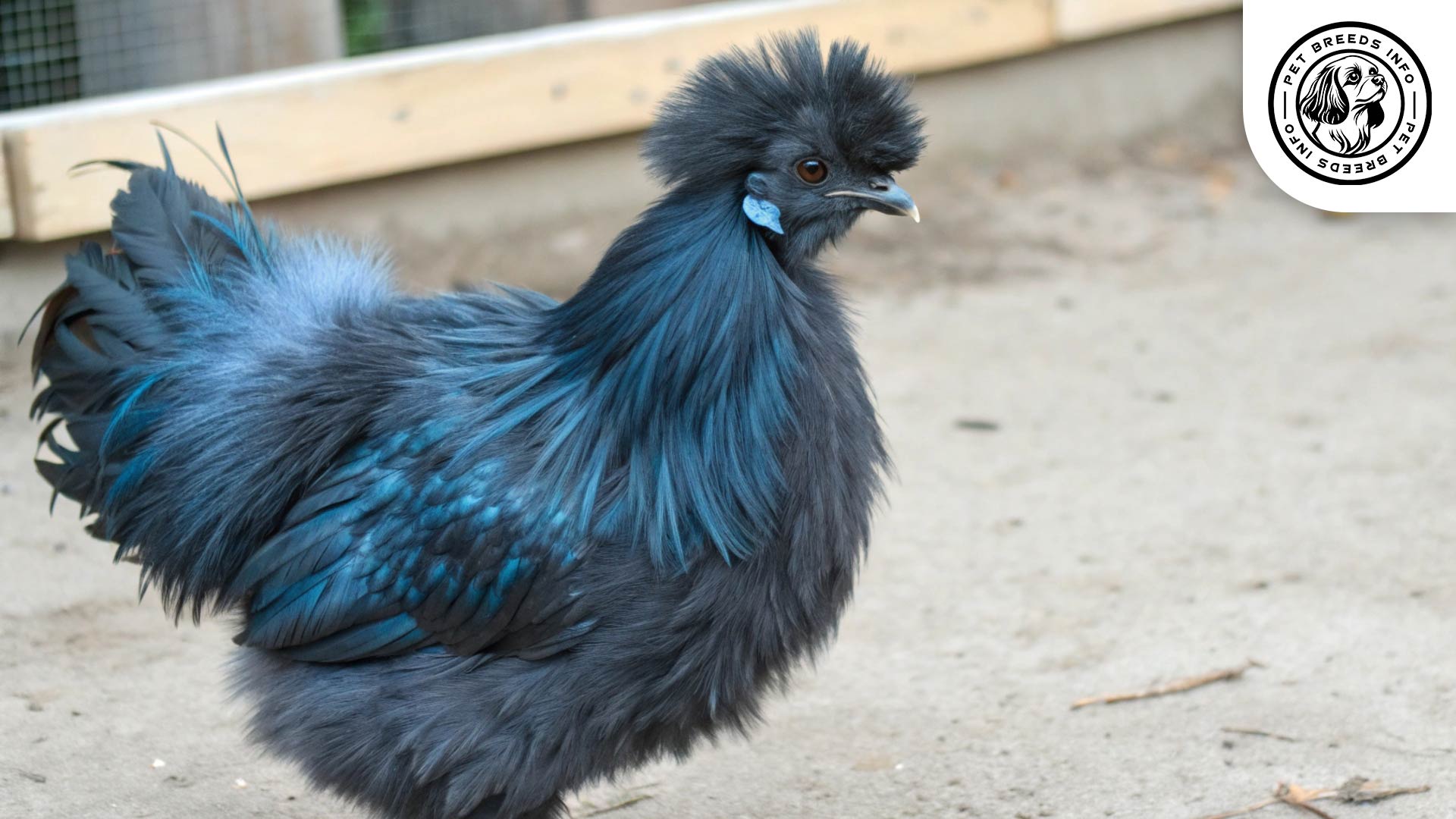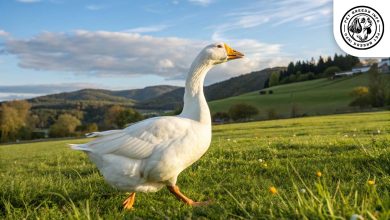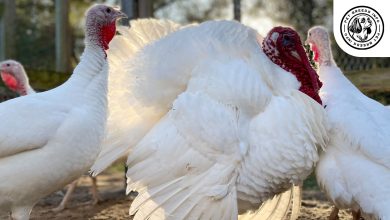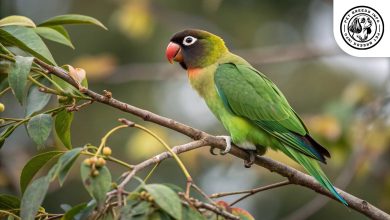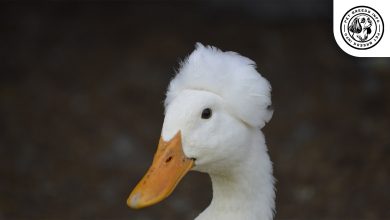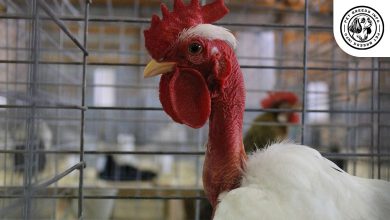Silkie Chicken Breed: Personality, Lifespan, Food & Care
General Introduction of the Breed
The Silkie Chicken (Gallus gallus domesticus) is a unique and beloved chicken breed known for its fluffy plumage that feels like silk. It is also referred to as “Silky” or “Chinese Silkie.” This breed originates from China, where it was documented as early as the 13th century by Marco Polo. Over the centuries, the Silkie Chicken spread across the world and became a favorite among poultry enthusiasts due to its charming personality and striking appearance.
Table of Contents
| Common Name | Silkie Chicken, Silky, Chinese Silkie |
| Scientific Name | Gallus gallus domesticus |
| Origin | China |
| Size | Small to medium-sized (Males: 4-5 lbs / 1.8-2.2 kg, Females: 3-4 lbs / 1.3-1.8 kg) |
| Lifespan | Around 7-9 years |
| Talking Ability | Not applicable (they are chickens, not capable of human speech) |
| Colors | Black, blue, white, buff, gray, partridge, splash |
| Noise Level | Not explicitly mentioned in the text, but generally considered calm and not overly noisy compared to some other breeds. |
| Social Behavior | Gentle, friendly, calm, docile, highly sociable with humans, children, and other poultry; form strong bonds with owners; do best in groups. |
Physical Characteristics
Silkie Chickens are small to medium-sized birds. Males typically weigh around 4-5 pounds (1.8-2.2 kg), while females weigh about 3-4 pounds (1.3-1.8 kg). Their most distinctive feature is their fluffy, fur-like feathers, which lack the typical structure found in other chickens.
Silkies come in a variety of colors, including black, blue, white, buff, gray, partridge, and splash. Their eyes are dark and expressive, while their small, rounded wattles and walnut-shaped combs are typically dark purple or black. Another distinguishing feature is their blue or black skin and five toes instead of the usual four found in most chicken breeds.
Read More: Orpington Chicken
Personality and Temperament
The Silkie Chicken is one of the most gentle and friendly chicken breeds. It is known for its intelligence and ease of handling, making it an ideal choice for backyard flocks and family pets. Silkies are calm, docile, and highly sociable with humans, children, and other poultry.
They are not flighty or aggressive, making them excellent pets for families. Due to their affectionate nature, Silkies tend to form strong bonds with their owners and enjoy being handled. They are not known for their egg-laying ability, but they are exceptional brooders and make excellent mothers.
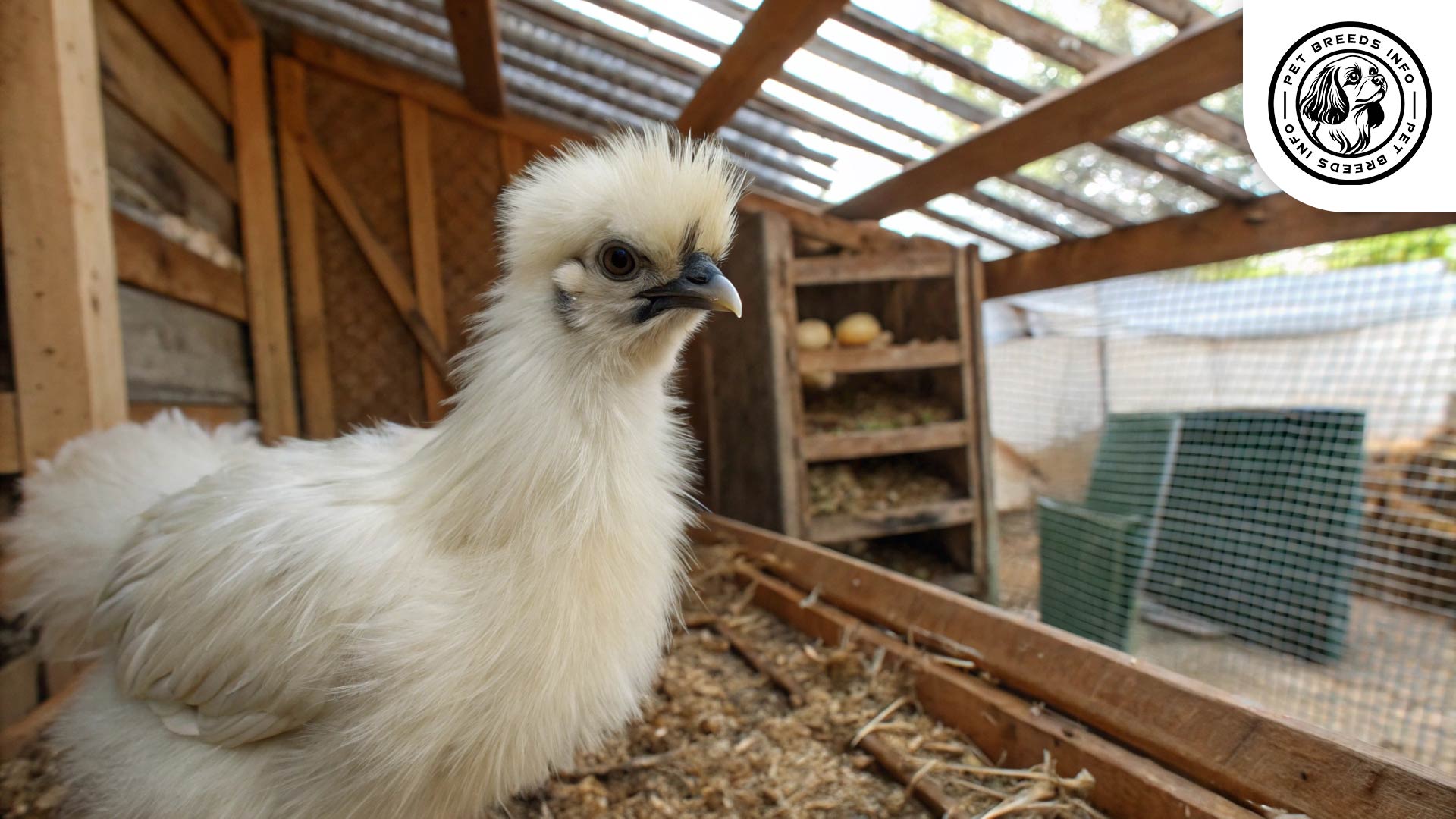
Care and Maintenance Requirements
Silkie Chickens have moderate activity levels and do not require excessive space. They are well-suited for backyard coops and even enclosed indoor areas, as long as they have sufficient room to roam and forage.
Their fluffy feathers do not provide adequate waterproofing, so they must be kept dry to prevent illness. Regular grooming, including brushing and occasional baths, is necessary to maintain their coat in good condition. Routine nail trimming and foot care should also be performed.
Silkies are sensitive to extreme cold and wet conditions, so they require a warm and well-insulated coop during winter and protection from excessive moisture.
Diet and Nutrition
Silkies thrive on a balanced diet of high-quality poultry feed, supplemented with fresh vegetables, fruits, and protein sources like mealworms. They require adequate calcium sources, such as crushed oyster shells, to maintain strong eggshells.
Avoid giving them foods that are toxic to chickens, such as chocolate, caffeine, onions, and avocados. Clean, fresh water must always be available, and treats should be fed in moderation to support a healthy diet.
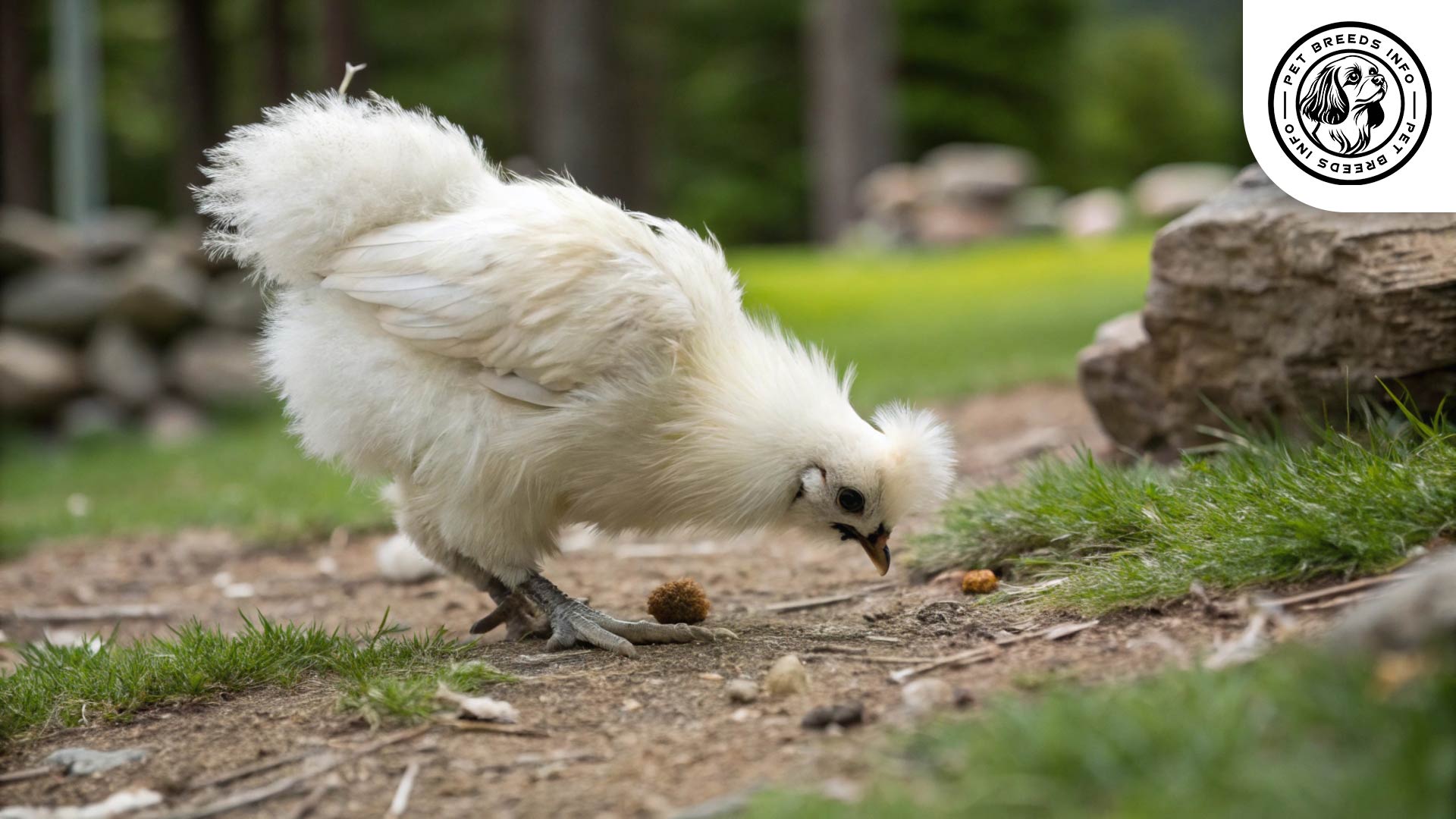
Health and Common Medical Issues
Silkies are generally hardy birds but are prone to certain health issues, including respiratory infections, mites, and lice due to their dense plumage. Their feathered feet can also accumulate dirt, leading to infections if not properly maintained.
Since Silkies are highly broody, they may suffer from malnutrition if they spend too much time sitting on eggs without eating. Regular health checks, vaccinations, and proper coop hygiene are essential to prevent common poultry diseases.
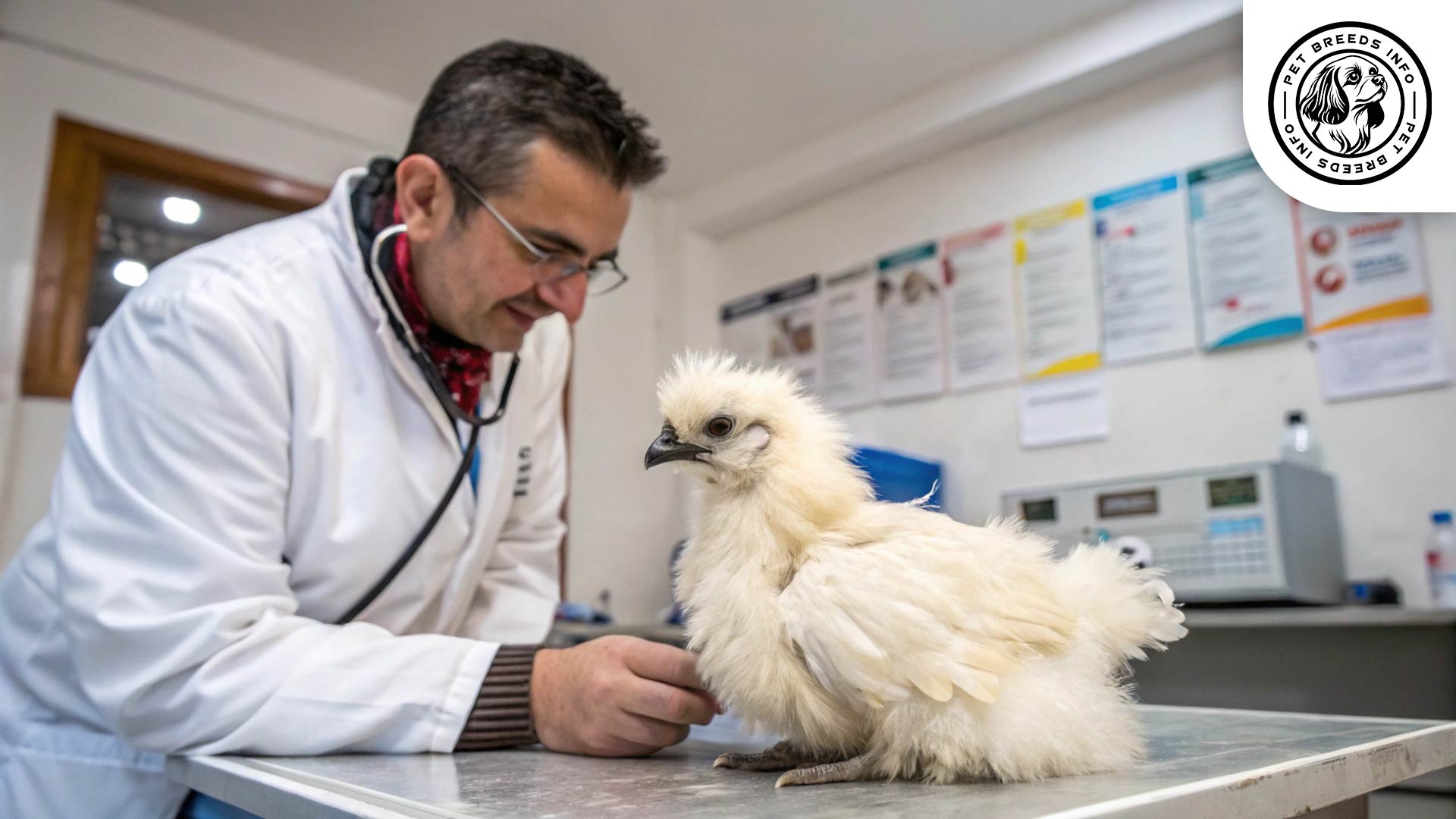
The average lifespan of a Silkie Chicken is around 7-9 years with proper care.
Read More: Hamburg Chicken
Training and Behavior Management
Silkie Chickens are naturally easy to handle and train. They quickly adapt to new routines and can be taught to recognize their owners. Training them to come when called and encouraging socialization from a young age enhances their friendly nature.
Positive reinforcement with treats and gentle handling helps in reinforcing good behavior. Regular contact with humans ensures they remain docile and affectionate.
Interaction with Other Animals and Humans
Silkies are extremely friendly and do well in mixed flocks with other chicken breeds. However, because they are small and docile, they should not be kept with aggressive chickens that may bully them.
They are excellent family pets and interact well with children, making them ideal for households with young members. Their affectionate nature also means they enjoy being held and cuddled.
Silkies are social birds and do best when kept in groups rather than alone.
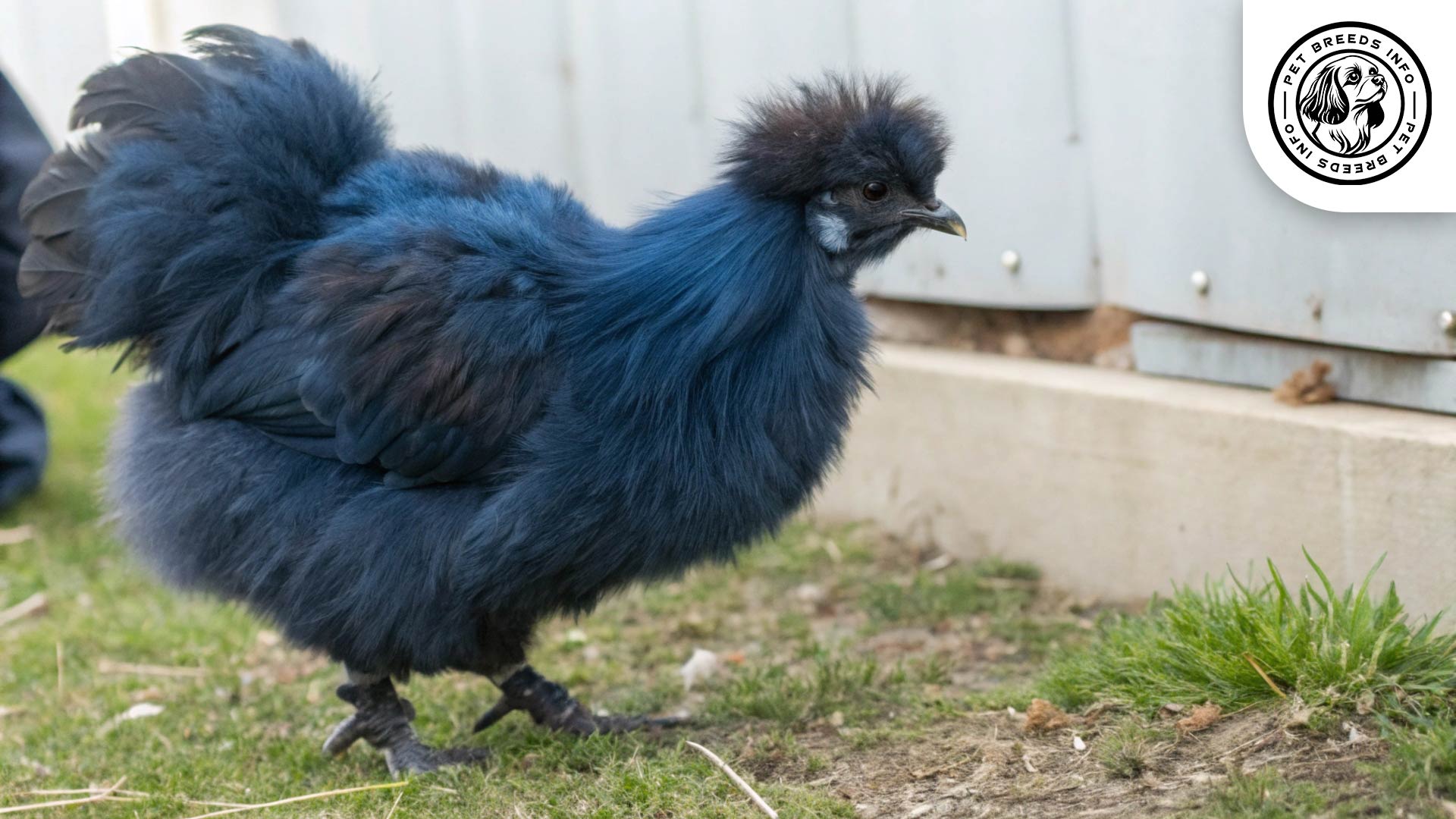
Price and Availability
The cost of a Silkie Chicken depends on its quality, color, and breeder reputation. On average, prices range from $10 to $50 per bird, with show-quality Silkies costing upwards of $100.
When purchasing a Silkie, ensure you are buying from a reputable breeder who prioritizes health and proper breeding practices. Alternatively, you may find Silkies at local poultry farms or adoption centers.
Conclusion and Final Thoughts
Silkie Chickens are a fantastic breed for both novice and experienced poultry keepers. Their unique appearance, friendly temperament, and low-maintenance nature make them a great addition to any backyard flock.
They are best suited for owners who can provide a safe and dry environment, regular grooming, and gentle handling. Potential owners should consider their sensitivity to harsh weather and their limited egg production before choosing this breed.
Overall, Silkies are an excellent choice for families, hobby farmers, and those looking for a pet-like chicken with a lovable personality.
Read More: Sumatra Chicken
FAQ
What is a key characteristic of Silkie chickens?
Their fluffy, silk-like feathers.
Are Silkies good pets for families?
Yes, they are known for being gentle and friendly, making them excellent family pets.
Do Silkie chickens lay many eggs?
No, they are not known for their egg-laying ability but are excellent brooders.
What kind of environment do Silkies need?
They need a dry and warm environment, especially because their feathers are not waterproof.
How many toes do Silkie chickens have?
They have five toes on each foot, unlike most chickens which have four.
